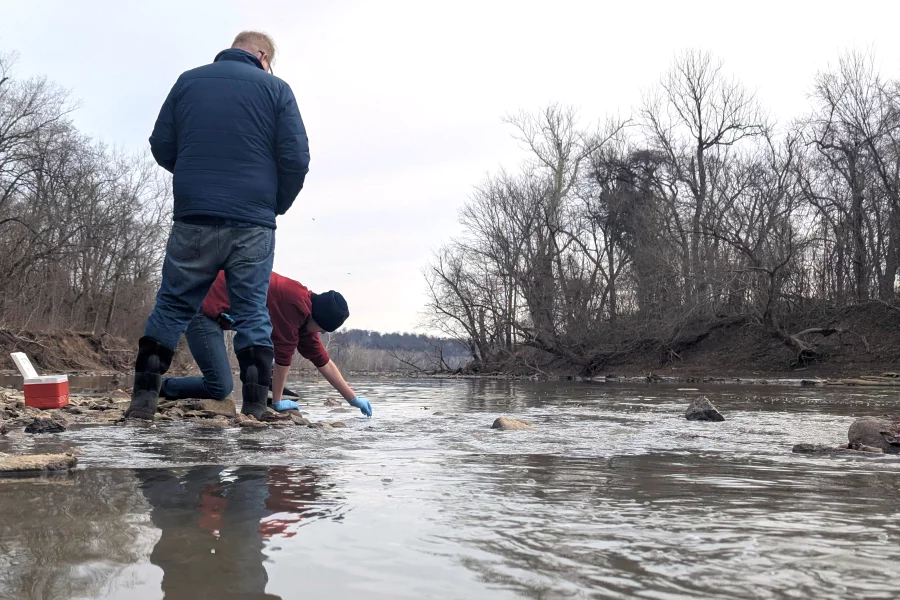 Simon Joakim Kiiru remembers a time not long ago when familiar birdsongs filled the air here and life was correlated with bird sightings. His lush, well-tended homestead is in the highlands next to the Aberdare National Park, one of the premier birding destinations in the world.
Simon Joakim Kiiru remembers a time not long ago when familiar birdsongs filled the air here and life was correlated with bird sightings. His lush, well-tended homestead is in the highlands next to the Aberdare National Park, one of the premier birding destinations in the world.
When the hornbill arrived, Mr. Kiiru recalled, the rains were near, meaning that it was time to plant. When a buzzard showed a man his chest, it meant a visitor was imminent. When an owl called at night, it foretold a death.
“There used to be myths because these are our giants,” said Mr. Kiiru, 58. “But so many today are gone.”
Over the past two decades, an increasing number of settlers who have moved here to farm have impinged on bird habitats and reduced bird populations by cutting down forests and turning grasslands into fields. Now the early effects of global warming and other climate changes have helped send the populations of many local mountain species into a steep downward spiral, from which many experts say they will never recover.
Over the next 100 years, many scientists predict, 20 percent to 30 percent of species could be lost if the temperature rises 3.6 degrees to 5.4 degrees Fahrenheit. If the most extreme warming predictions are realized, the loss could be over 50 percent, according to the United Nations climate change panel.





 In January, part of a decades-old sewer line in Maryland collapsed by the Potomac River. Over...
In January, part of a decades-old sewer line in Maryland collapsed by the Potomac River. Over...






























